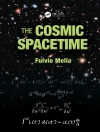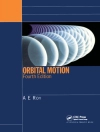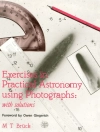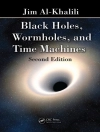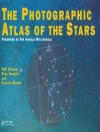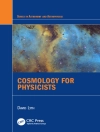The data in this book are new or updated, and will serve also as Origin of Life and evolutionary studies. Endospores of bacteria have a long history of use as model organisms in astrobiology, including survival in extreme environments and interplanetary transfer of life. Numerous other bacteria as well as archaea, lichens, fungi, algae and tiny animals (tardigrades, or water bears) are now being investigated for their tolerance to extreme conditions in simulated or real space environments. Experimental results from exposure studies on the International Space Station and space probes for up to 1.5 years are presented and discussed. Suggestions for extaterrestrial energy sources are also indicated.
Audience
Researchers and graduate students in microbiology, biochemistry, molecular biology and astrobiology, as well as anyone interested in the search for extraterrestrial life and its technical preparations.
Sobre o autor
Joseph Seckbach earned his MSc and Ph D from the University of Chicago, and was postdoc at Caltech, Pasadena, CA. He is retired from the Hebrew University of Jerusalem and spent periods in research in the USA: UCLA, Harvard, Baton-Rouge (LSU); in Germany (Tübingen and Munich as an exchange scholar). He has edited a series of books ‘Cellular Origin, Life in Extreme Habitats and Astrobiology’ and has edited more than 40 volumes and authored more than 140 research articles. His interest is in astrobiology and iron in plants (phytoferritin).
Helga Stan-Lotter is emeritus Professor of Microbiology at the University of Salzburg, Austria. She obtained her Ph D degree from the Technical University of Munich, Germany. She was a postdoc at the University of Calgary, Canada, a research associate at the University of British Columbia, Canada, and held a US National Research Council Fellowship at the NASA Ames Research Center in Moffett Field, California. Her scientific interests are extremophilic microorganisms and astrobiology.


